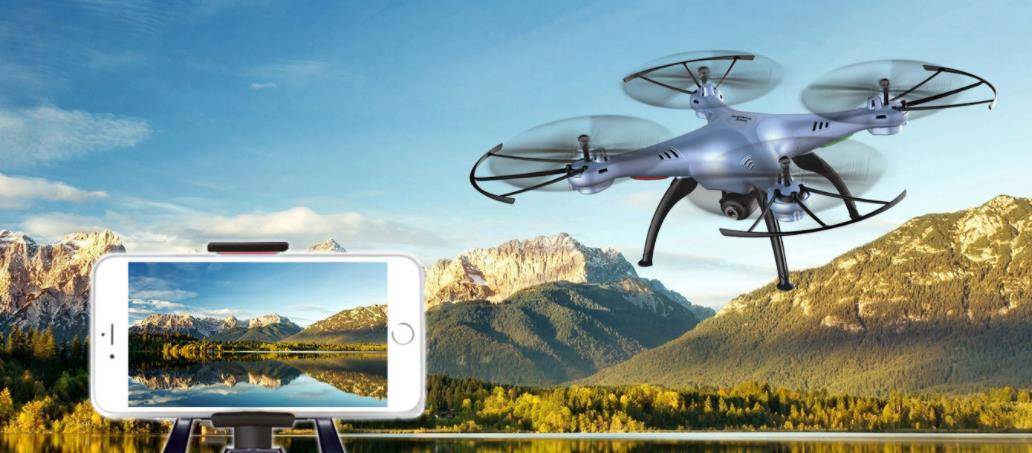Drones equipped with GPS technology have revolutionized aerial photography, offering unprecedented accuracy, stability, and versatility for both hobbyists and professionals. If you’re searching for the best drone camera with GPS, you’re about to discover a range of features and advantages that make these devices indispensable for capturing stunning aerial shots.
What Makes Drone Cameras with GPS Stand Out?
One of the remarkable features of drone cameras enhanced with GPS is their ability to offer precise geolocation. With GPS systems integrated into drones, users can enjoy benefits like automated flight paths, return-to-home functionality, and even geofencing features for safer operations. These capabilities ensure that even beginners can operate drones with ease while maximizing their creative potential.
Moreover, drone cameras with GPS allow for stable flight and effortless navigation. Whether you’re capturing sweeping landscapes or tracking dynamic subjects, the GPS stabilizes the drone’s position, resulting in smoother footage and higher-quality images.
Features to Look For in a GPS Drone Camera
- Camera Quality: A high-resolution camera, preferably 4K or above, ensures that your aerial photographs are sharp and detailed.
- Smart Flight Modes: GPS-enabled drones often include features like waypoint navigation, follow-me mode, and orbit mode, perfect for creative shooting.
- Battery Life: Long-lasting batteries enable extended flight sessions, allowing you to capture more footage without frequent interruptions.
- Obstacle Avoidance: Advanced models with GPS often come equipped with sensors to prevent collisions, making navigation safer.
- Mobile App Integration: Apps enhance user control and allow live streaming of footage for a more interactive experience.
Top Drone Models Featuring GPS Technology
Several brands dominate the market offering exceptional GPS-enabled drone cameras. Popular models include:
<
- DJI Mavic 3: Known for its advanced flight capabilities, dual-camera system, and intelligent GPS positioning.
- Autel Robotics EVO II: Featuring 8K video recording, longer flight range, and precise GPS tracking.
- Skydio 2+: Designed with autonomous flight systems powered by robust GPS technology for seamless navigation.
- Holy Stone HS720E: Offering affordability paired with stable GPS functions ideal for beginners.

These drones provide versatile options for photographers, filmmakers, or adventure enthusiasts keen on exploring the skies.
Why Choose a Drone Camera with GPS for Aerial Photography?
When GPS is part of a drone’s design, it unlocks advanced capabilities that greatly enhance convenience and shooting quality. Professionals especially appreciate features like return-to-home and precise positioning because they reduce the risks of losing expensive equipment or encountering technical issues during shoots.

Beyond photography, GPS drones can also be used for mapping, surveying, and agricultural monitoring because of their ability to cover vast areas with pinpoint precision.
Additional Tips for Successful Drone Operations
To get the best out of your GPS-enabled drone camera:
- Ensure firmware updates and calibrate the GPS system regularly.
- Understand local regulations regarding drone operations, as GPS features may also be restricted in certain areas.
- Always plan your flight path to avoid unnecessary battery drain.
If you’re still new to aerial photography, consider starting with mid-range GPS drones before upgrading to premium models for better performance and efficiency.
FAQs About Drone Cameras with GPS

Q: What is the return-to-home feature in GPS drones?
A: This feature enables the drone to automatically navigate back to its take-off point if the battery is low or communication is lost, ensuring safety.
Q: Can GPS drones be used at night?
A: Yes, many GPS drones are equipped with LED lights, enabling them to operate at night, but additional caution is recommended.
Q: Do I need an FAA license to fly GPS drones?
A: For recreational use, FAA registration may be sufficient; however, commercial applications often require additional certification.
